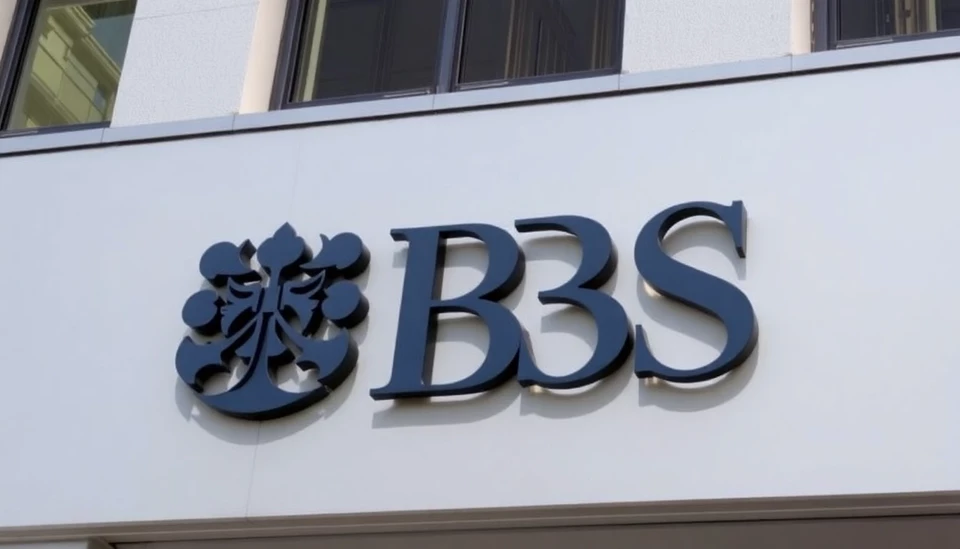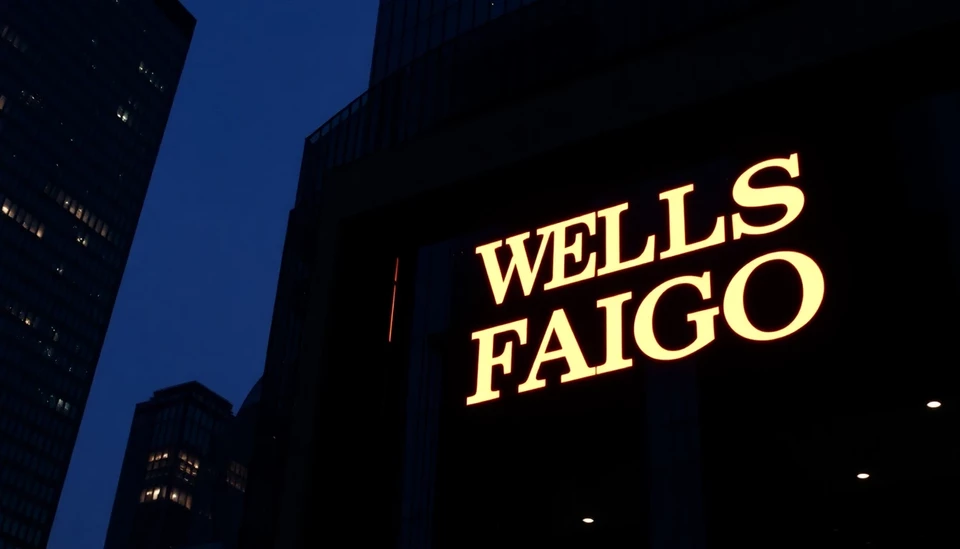
Recent developments at UBS, one of the world’s largest banking institutions, have brought the topic of Environmental, Social, and Governance (ESG) labels to the forefront of the banking industry. With increasing scrutiny from legal experts, UBS bankers are reportedly feeling the heat as they reevaluate the accuracy and integrity of their ESG designations.
As the demand for sustainable investments continues to rise, institutions like UBS have been at the center of what many see as a dual-edge sword. On one hand, there is a business incentive to label financial products as ESG-compliant; on the other, the legal ramifications of mislabeling could be significant. Legal experts are actively advising UBS bankers to tread cautiously as they navigate these complex waters.
The pressure originates from heightened regulatory scrutiny and an increasing number of lawsuits related to misleading ESG labels. These circumstances have prompted senior executives at UBS to call for a thorough review of their ESG categorization process. Many bankers are now contemplating whether their products genuinely meet the standards often associated with ESG investments or if they fall into the misleading category that has recently drawn legal ire.
As a large financial entity, UBS has faced criticism for potentially contributing to 'greenwashing', a term used to describe the practice of presenting false or misleading information about the environmental benefits of a product or service. Legal advisors are pressing UBS staff to ensure that their ESG claims can be substantiated with rigorous evidence, thus shielding the bank from potential litigations.
This scrutiny also signals a broader trend in the financial industry, where the once-loose definitions around what constitutes an ESG investment are being tightened. Investors are increasingly seeking clarity and accountability regarding how their money is being utilized in alignment with environmental and social responsibilities. This has led to calls for transparency, as well as for a clearer framework to evaluate the legitimacy of ESG labels.
For UBS, the outcome of this pressure could shape their investment division significantly. Bankers are being urged to work closely with compliance teams to ensure that every ESG claim is backed by concrete practices and longstanding commitments to sustainability. The aim is to prevent any fallout that could arise from being on the wrong side of legally enforceable standards.
In light of these developments, it remains to be seen how UBS will adapt its strategy surrounding ESG investments. Time will tell whether this critical feedback will lead to more robust and genuine ESG labeling practices or if the bank will struggle under the weight of its commitments and expectations.
The situation is dynamic and evolving, with many in the industry watching closely to see how UBS will respond. This unfolding narrative illustrates a crucial shift in the financial landscape, where ESG labels are no longer just marketing tools but critical components closely monitored by legal entities and increasingly aware investors.
In conclusion, while UBS strives to maintain its reputation as a leader in the banking sector, it faces a challenging balance between business opportunities and legal obligations surrounding ESG labels. How effectively the bank addresses these challenges may determine its future in a market that is increasingly cautious about sustainability claims.
#UBS #ESG #Greenwashing #Sustainability #BankingNews #Investment #LegalPressure #EnvironmentalResponsibility #CorporateGovernance
Author: Sophie Bennett




